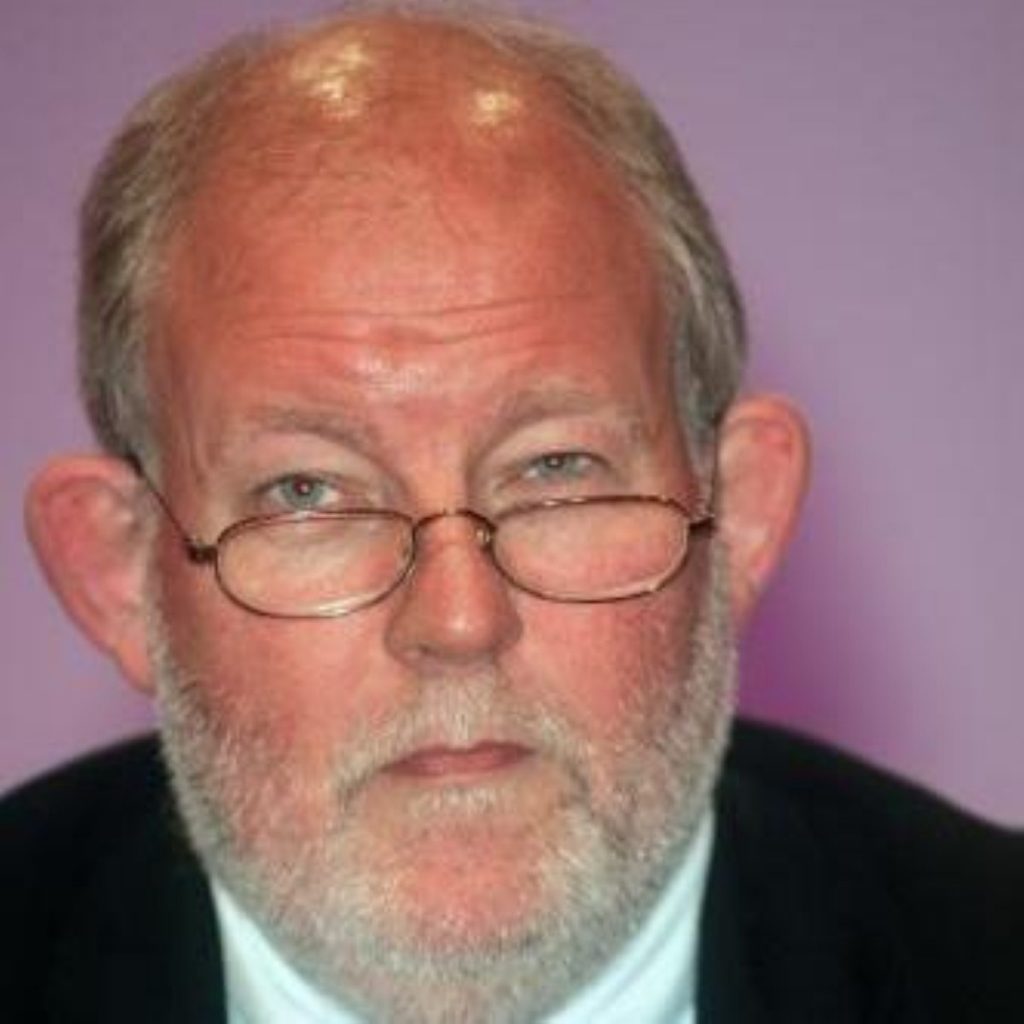Clarke tells police to be more visible
Home Secretary Charles Clarke today urged the police to do more to engage communities and make themselves visible to people in their neighbourhoods.
He told a conference of police officers that there should be a neighbourhood-led police “family” in every area, drawing on not just police officers but also faith groups, neighbourhood watch and other organisations.
That would be the “central challenge” for the Home Office in this Parliament, Mr Clarke added.
Speaking to the Police Federation annual conference, he said: “We can’t go into another general election campaign with people feeling, as they are, unsafe and uncertain, worried about anti-social behaviour.”


But Police Federation chairman Jan Berry is calling on Mr Clarke to refine the role of Community Support Officers and make use of rank and file officers’ wealth of practical policing experience.
She told BBC Radio 4’s Today programme: “There remains some confusion and it would be helpful today when Charles Clarke attends our conference that CSOs are not to be used in confrontational situations – that is a role for police officers,” she said.
“The role of the patrolling officer is very complex and you really never know what you’re going to expect.
“But they are here now and the government is promising 24,000, but it has to demonstrate that it can afford the high number of police officers as well as the CSOs.”
The Home Secretary said crime was a matter for the whole community to deal with, and that “strong and effective” communities should be at the core of policing.
Local people wanted a more visible police presence and a say in police priorities, he added.
“We need officers and staff who are visible and accessible, who engage with the community, who work well in partnership.”
Mr Clarke said he accepted the Police Federation’s argument that there should be no change for change’s sake, but equally there must be no opposition to change for its own sake.
Claiming the police faced “massive” challenges over resources and modernisation, he insisted: “We do need a major programme of change if we are to meet the aspirations of people in this country.”
He accepted police had to deal with too much bureaucracy, saying:” I acknowledge we have to deal with that.”
Mr Clarke also called on police officers to improve their overall performance.
“While public confidence with the police remains high, all too often people’s experiences of the service remains patchy,” he said.
And he denied reports that the Home Office would be giving up responsibility for many aspects of the Government’s “reform and respect” agenda, saying: “The suggestion that responsibilities are being moved is not correct.”

